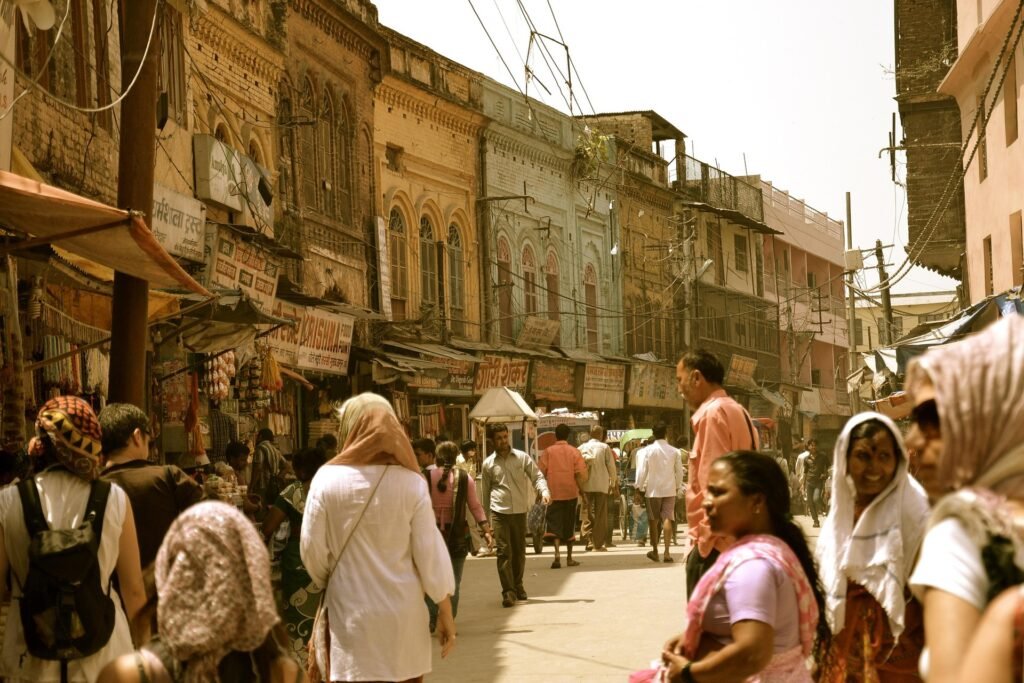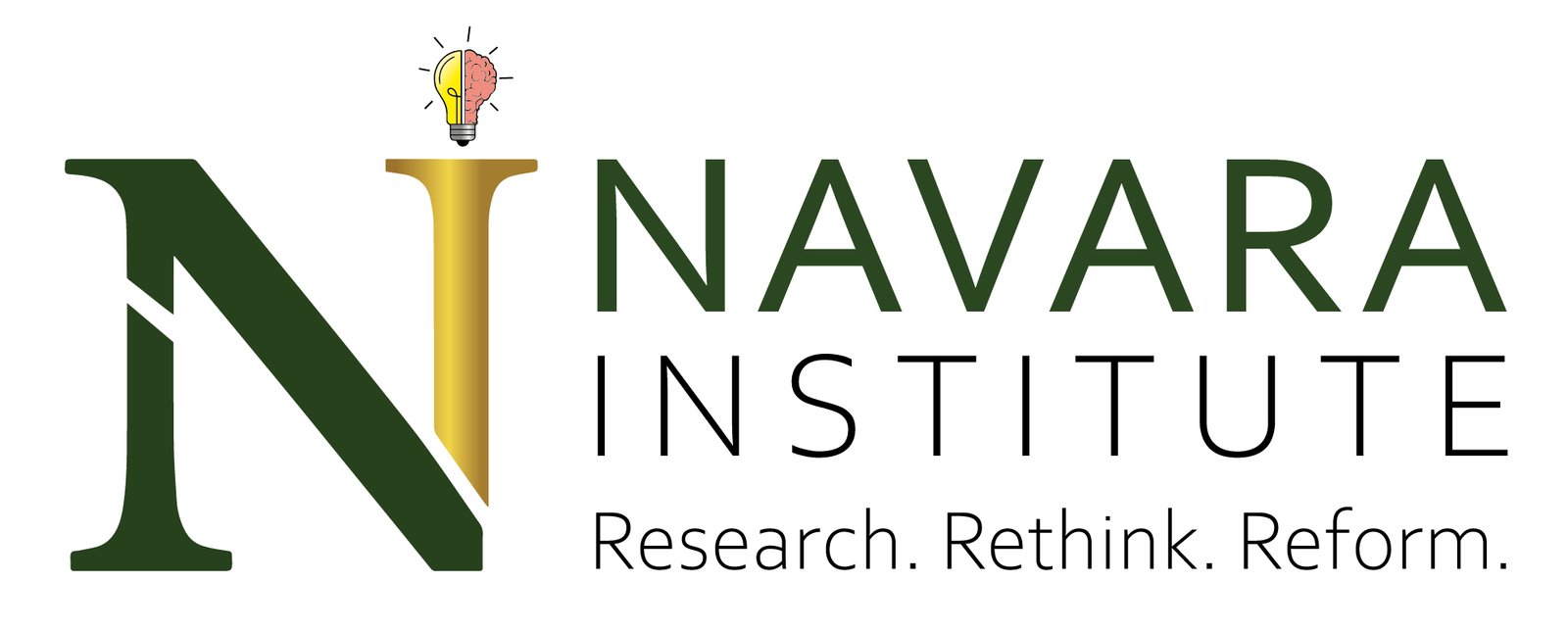Our Work
Navara Institute conducts interdisciplinary, community-driven research that informs policy, mobilizes resources, and advances justice. Our work spans climate resilience, economic systems, and local development, led through four flagship research streams.
Each stream is rooted in deep expertise, grounded in field-based partnerships, and designed to produce solutions that communities can own, scale, and sustain.

Project Dawn
Community, Climate & Conservation
Led by Dr. Akriti Khadka
Project DAWN amplifies the voices and leadership of vulnerable, resource-dependent communities often excluded from research and policy. We co-create locally grounded research to:
- Build resilience and adaptive capacity
- Promote inclusive, sustainable livelihoods
- Support equitable resource governance
- Advance social and environmental justice
Recognizing that no one-size-fits-all solution exists, we work from local realities to empower communities to shape their own futures.

Project Ascend
Economic Development, Socioeconomic Inequality & Public Policy
Led by Dr. Saroj Dhital
Project Ascend explores issues of economic development, socioeconomic inequalities, macroeconomic, monetary, and public policy. The project explores how economic structures shape social outcomes and community well-being across sectors.
We design economic frameworks and strategies that redistribute resources, support inclusive growth, and realign policies with community priorities.

Project Echo
Socioeconomic Impacts of Financial and Technological Innovations
Led by Dr. Saroj Dhital
Project Echo is a research initiative that examines how financial and technological innovations, such as decentralized finance, digital currencies, algorithmic credit, and automation, are reshaping markets, access to capital, and governance. It focuses on the implications for inequality, regulation, and financial stability, with particular attention to underserved and rapidly changing economies.
By combining rigorous economic analysis with real-world data and policy insight, Project Echo seeks to generate practical knowledge that supports the design of inclusive, resilient, and forward-looking economic systems in a rapidly evolving technological landscape.

Project Tembo
Bio-Diversity, Conservation & Tourism
Led by Dr. Leah NgaNga
Project Tembo bridges conservation, biodiversity, and tourism to foster sustainable local development. We work across ecological and cultural landscapes to co-create models that protect wildlife habitats, safeguard cultural heritage, and generate inclusive livelihoods.
Our approach centers community-driven stewardship, drawing from Indigenous knowledge and regenerative practices to restore balance in ecosystems under threat. From migratory corridors to forest governance, we explore how conservation, recreation, and tourism can serve as catalysts for resilience, coexistence, and equitable regional planning.
Our Approach
Across all three projects, we:
- Collaborate closely with communities at every stage, from design to knowledge sharing and implementation
- Employ interdisciplinary methods that address complex social, economic, and environmental systems holistically
- Prioritize solutions that are locally grounded, replicable, scalable, and centered on equity and justice
Together, our work challenges entrenched development paradigms and builds new models that advance community-led resilience, sustainable prosperity, and systemic change.
